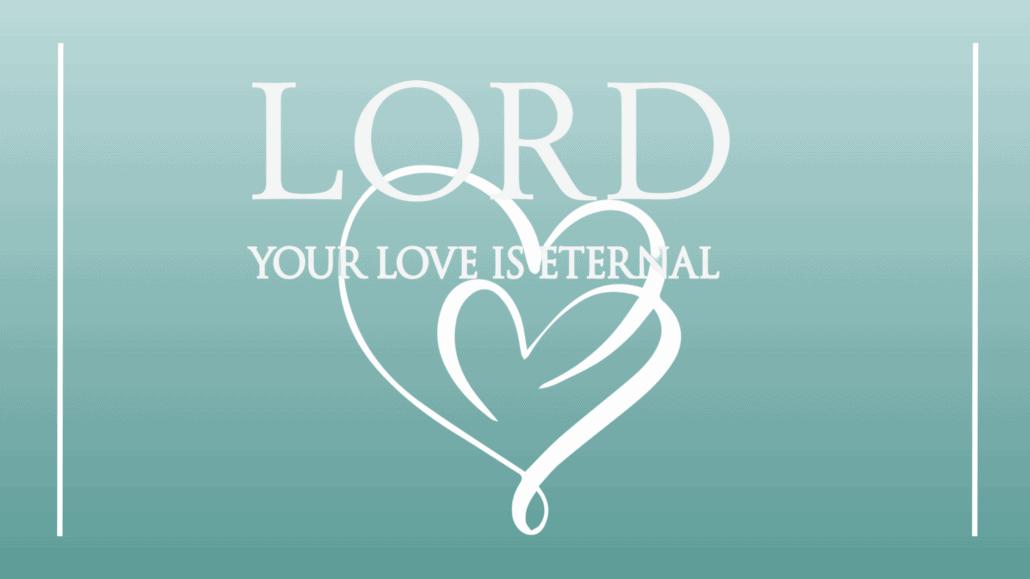All Or Nothing
“I just can’t take that chance.” That’s a sentence I hear quite often in my day-to-day life. From others, and...
September 3, 2025
July 31, 2023
Words were first used by God—he used them to speak the world into existence. And yet, it’s easy to fall into the trap of believing that the words we use don’t matter very much. But they not only affect those whom we speak to, they also reflect on us and who we are as people. Crass language or unkind talk shines a light on what we value and how we treat others.

To see the affect that words have on the wellbeing of others, we need only to think back to a time when someone said something unkind to us. Even years later, it is easy for many of us to recall the hurt we felt when we were called a name, or someone used hurtful words when speaking to us. That’s why it is so important to be mindful of the words we use. What we say about others can destroy their reputation and self-esteem.
Of course, when used in a different way, words can be a wonderful source of encouragement, support, and affection. When we use our words to tell someone they did a great job, that they look nice today, or that we are proud of them, it can make all the difference. Telling our loved ones that they are intelligent, kind, helpful, or generous will enhance their lives and bring out the best in them. What power we have when we choose what words to use!
As human beings and especially as Christians, we have both an obligation and a responsibility to choose our words carefully and wisely. Just as when we claim and embrace the name Christian, there is a responsibility attached to that label. A certain type of behavior is expected of us when we choose to claim that label for ourselves.
This month, we will hear Jesus ask the important question, “Who do people say that the Son of Man is?” The disciples respond, “Some say John the Baptist, others Elijah, still others Jeremiah or one of the prophets.” Jesus hears this and asks Peter one of the most profound questions that each of us must grapple with throughout our lives: “But who do you say that I am?”
How we answer that question makes all the difference in the world, just as it did for Peter. His response to the Lord was, “You are the Christ, the Son of the living God.” Peter’s insight through the grace of God changes his life forever. With his response, Jesus entrusts Peter with a great deal of responsibility: Peter is given the keys of the Kingdom of God.
When we acknowledge that Jesus is truly the Messiah, the Son of the living God, the anointed one of God, then we too share in an incredible responsibility, just as Peter did. By naming Jesus as our Lord and Savior, we take the responsibility of showing to others how we can make this a profession of faith—and this profession is best witnessed by the names we call one another and the words we use.
As we gather to celebrate the Eucharist together this month, we come together grateful for the knowledge that Jesus has claimed us for his own. With the sacrament of the breaking of bread, we proclaim that Jesus is Lord. What could be a better use of the words we use?
“I just can’t take that chance.” That’s a sentence I hear quite often in my day-to-day life. From others, and...
September 3, 2025
I was recently reminiscing on a visit I had with two very dear and faithful friends of Mercy Home. A...
July 30, 2025
I recently read an interesting article about society’s current “epidemic of busyness.” It explained that nearly all people feel a...
July 1, 2025
Comments